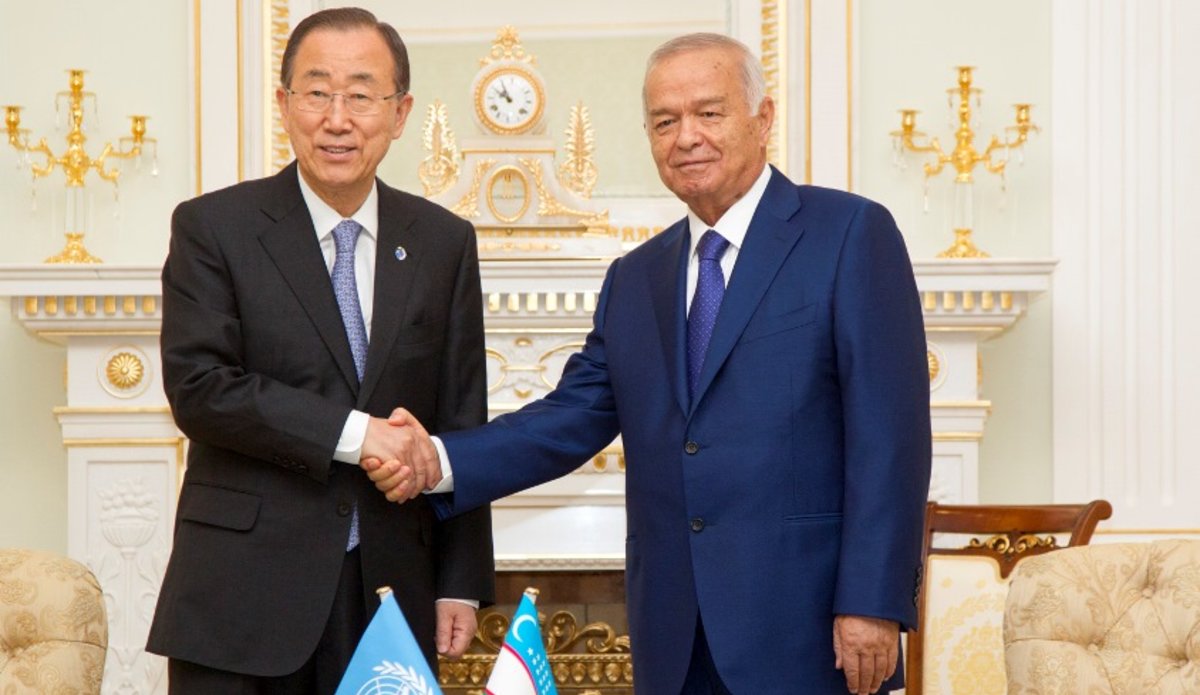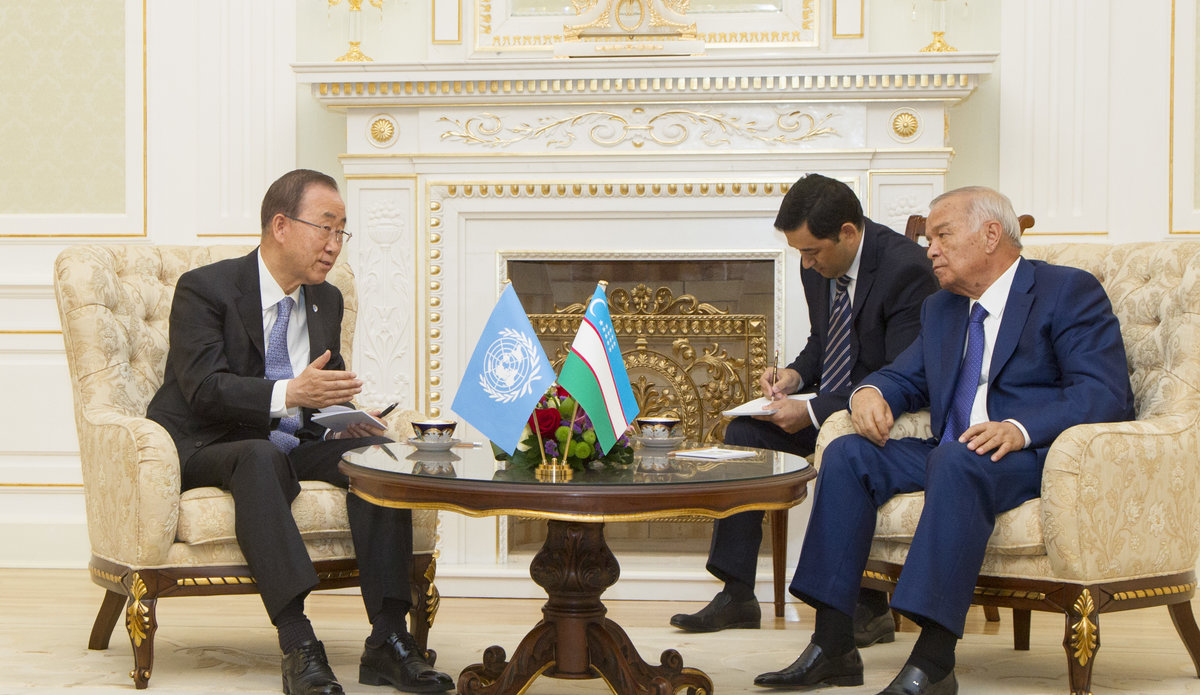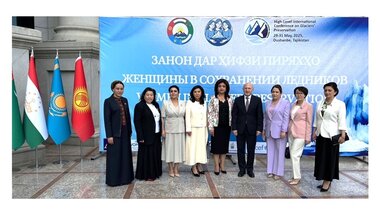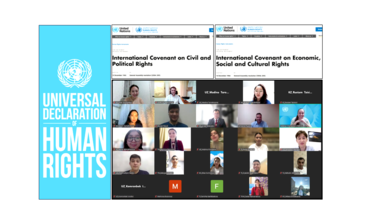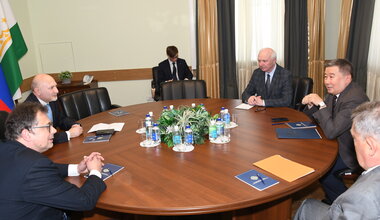The Secretary-General's Remarks to the Press
It is a great pleasure to meet with you today.
This is my second visit to Uzbekistan as Secretary-General. I thank again His Excellency President Islam Karimov and the Government and people of Uzbekistan for their hospitality.
The President and I discussed a wide range of global issues across the United Nations agenda of peace, development and human rights.
Uzbekistan has achieved solid progress towards the Millennium Development Goals – in reducing poverty and maternal mortality, ensuring universal access to primary education, and securing gender parity in primary and secondary schools.
I also welcome Uzbekistan’s active participation in multilateral discussions at the United Nations and its contributions to addressing regional and global issues of concern.
In particular, I appreciate Uzbekistan’s contributions to supporting stability and development in Afghanistan, as well as the country’s role in initiating the Central Asia Nuclear-Weapon-Free Zone Treaty.
These achievements and commitments are the result of steady and people-oriented socioeconomic reforms initiated by President Karimov.
The tragedy of the Aral Sea continues to be a matter of great importance for Uzbekistan and the world. I will never forget my visit to Moynak and Nukus. What has happened to the Aral Sea has been a disaster long in the making.
The United Nations has been supporting Uzbekistan’s efforts to assist those affected, but more attention and resources are needed.
The President and I discussed this matter in depth and how the United Nations can scale up the international community's support to address and mitigate the impact of the Aral Sea [tragedy].
This is just one of many shared challenges in Central Asia. From water and energy issues to drug trafficking to terrorism and violent extremism, I am here to underscore the importance of regional cooperation and preventive diplomacy.
I want to reiterate the full commitment of the United Nations, including the United Nations Regional Centre for Preventive Diplomacy for Central Asia, to support the development of Uzbekistan and advance regional peace and security.
Of course, there can be no peace and development without human rights.
The United Nations -- including the Office of the High Commissioner for Human Rights -- stands ready to assist Uzbekistan in promoting and protecting fundamental freedoms and providing opportunities for public participation -- including through independent media, democratic institutions, access to justice, a stronger voice for civil society, and safeguards that enable human rights defenders to do their vital work.
These are the true hallmarks of a stable society and a pathway to prosperity.
Uzbekistan has initiated a number of good laws. President Karimov has emphasized the importance of the rule of law. But laws on the books should be made real in the lives of people.
Uzbekistan has made important progress in eliminating child labor in the cotton sector. Now more must be done to address the mobilization of teachers, doctors and others in cotton harvesting, and prevent the maltreatment of prisoners.
The United Nations has experience and expertise that we can share in improving the rule of law and protecting human rights – and we stand ready to help.
I welcome the recent adoption by Uzbekistan of a National Action Plan on follow-up to
Universal Periodic Review by the United Nations Human Rights Council.
Implementation of this Plan is key. It will help Uzbekistan’s compliance with its international human rights obligations, and bring wide-ranging benefits to its people.
I am encouraged that the recently signed UN Development Assistance Framework, UNDAF, between the Government and the United Nations system, defines broad areas of cooperation to further good governance and human rights.
Once again, I am pleased to be in Uzbekistan to underscore the commitment of the United Nations to work with you to advance peace, development and human rights for all.
Thank you.
 UN
UN
